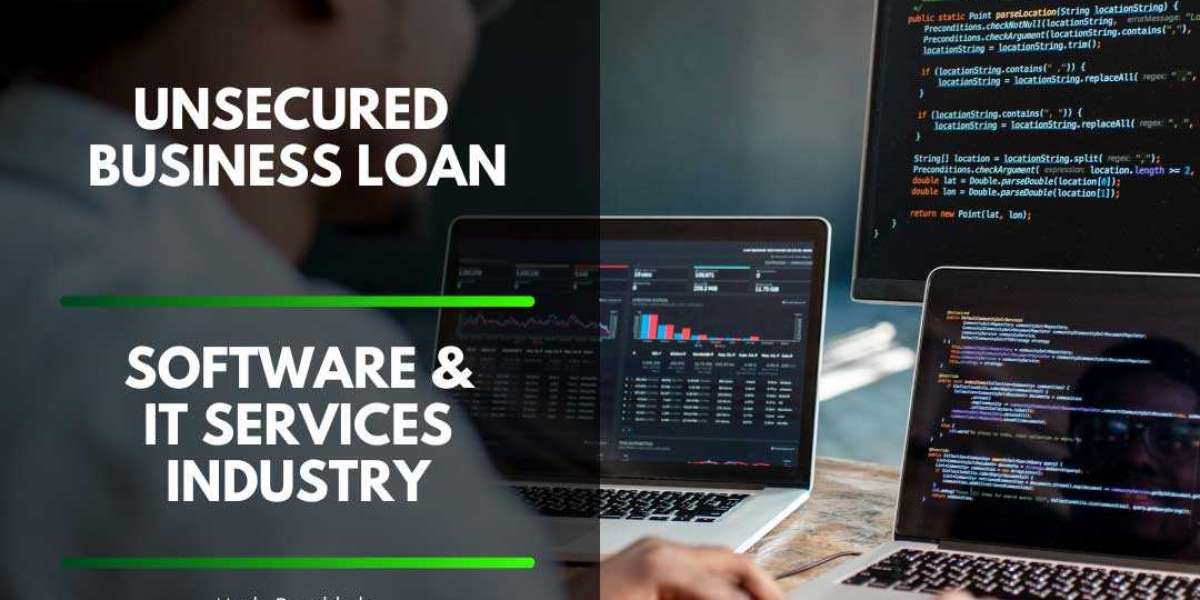As the retail sector continues to evolve, businesses need to be agile in adapting to changes in consumer demand, market trends, and operational costs. One way to maintain this flexibility is through the strategic use of small business loans. Whether it's for expanding a store, purchasing inventory, or investing in new technology, finding the right type of financing is crucial for sustainable growth. This blog explores the various loan options available to retail business owners and how they can be leveraged for success.
Understanding Small Business Loans in Australia
Small business loans are specifically designed to support the financial needs of small enterprises, including those operating in the retail sector. These loans come in different forms, each catering to distinct business requirements. In Australia, retail businesses can access various types of small business loans, such as unsecured and secured loans, to address their unique financial needs.
- Unsecured Business Loans Australia
Unsecured business loans are ideal for retail businesses looking to borrow without the need to provide collateral. This type of loan is based primarily on the business’s creditworthiness and financial history. Retailers can use unsecured business loans for a variety of purposes, such as purchasing seasonal inventory, funding marketing campaigns, or covering operational expenses during lean periods.
The main advantage of unsecured loans is that they don’t require business owners to risk personal or business assets as security. However, these loans typically come with higher interest rates compared to secured loans, as lenders assume a greater level of risk. Retailers with strong credit scores and a stable cash flow can benefit significantly from this type of loan, allowing them to access funds quickly and with minimal paperwork.
- Secured Business Loans Australia
Secured business loans, on the other hand, require the borrower to offer an asset as collateral. This asset could be property, equipment, or other valuable business assets. Because the loan is backed by security, it generally comes with lower interest rates and more favorable terms compared to unsecured loans.
For retail businesses, secured loans can be an excellent option when considering larger-scale investments such as expanding store locations, purchasing new equipment, or undertaking significant renovations. The lower interest rates reduce the overall cost of the loan, making it a more economical choice for businesses with long-term plans.
Benefits of Small Business Loans for Retail Businesses
Obtaining a small business loan can provide several key advantages for retail businesses:
- Working Capital Management: Retail businesses often face fluctuating cash flows due to seasonal changes in demand. A small business loan can help manage these fluctuations by providing additional working capital to cover day-to-day expenses.
- Inventory and Stock Purchases: Retailers need to maintain an adequate inventory to meet customer demand. A loan can ensure that the business has sufficient funds to purchase stock, especially during high-demand seasons.
- Business Expansion: Small business loans Australia can support the opening of new store locations or the expansion of existing ones. With a secured loan, businesses can undertake large-scale projects, knowing they have favorable financing terms.
- Upgrading Technology and Equipment: As technology advances, retail businesses need to stay updated to enhance customer experience and streamline operations. Small business loans can be used to invest in point-of-sale systems, e-commerce platforms, or even digital marketing tools.
Choosing the Right Loan for Your Retail Business
Selecting the most suitable loan type is crucial for achieving business objectives. Retail business owners should consider several factors before deciding between secured or unsecured business loans:
- Loan Amount and Purpose: Determine how much funding is needed and what it will be used for. Larger loan amounts for long-term investments may be better suited for secured loans, while smaller, short-term needs could be met with unsecured loans.
- Business Credit Profile: A strong credit profile can help secure better loan terms. Understanding your business’s financial standing will guide you in choosing the right loan.
- Repayment Capability: Evaluate your business’s cash flow to ensure that you can meet the loan repayments. This consideration will help avoid financial strain in the future.
Partnering with a Business Loan Broker
Navigating the small business loan landscape in Australia can be complex. A professional business loan broker, such as Broc Finance, can provide expert guidance and help retail businesses find the best financing solutions tailored to their specific needs. With access to a wide network of lenders, brokers can negotiate favorable terms and ensure a smooth loan application process.
Small business loans play a vital role in supporting the growth and sustainability of retail businesses in Australia. Whether opting for unsecured or secured business loans Australia, selecting the right type of financing can help retailers manage cash flow, expand operations, and invest in new opportunities. Partnering with a reliable business loan broker like Broc Finance can simplify the process, making it easier for business owners to focus on what they do best – running their retail stores successfully.
Other Sources: Financing For Assets, Australian Business Property Loans, Flexible Business Loans




